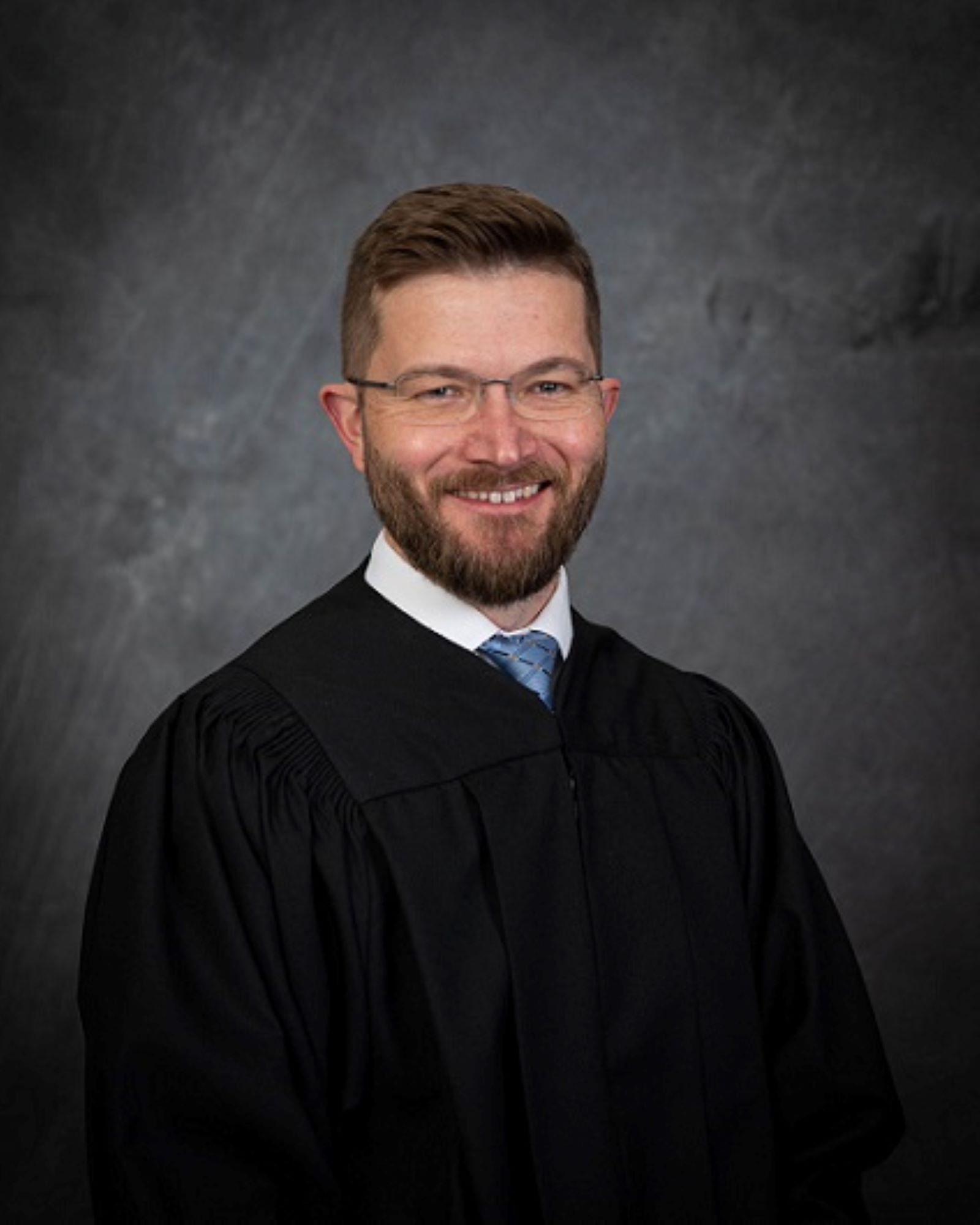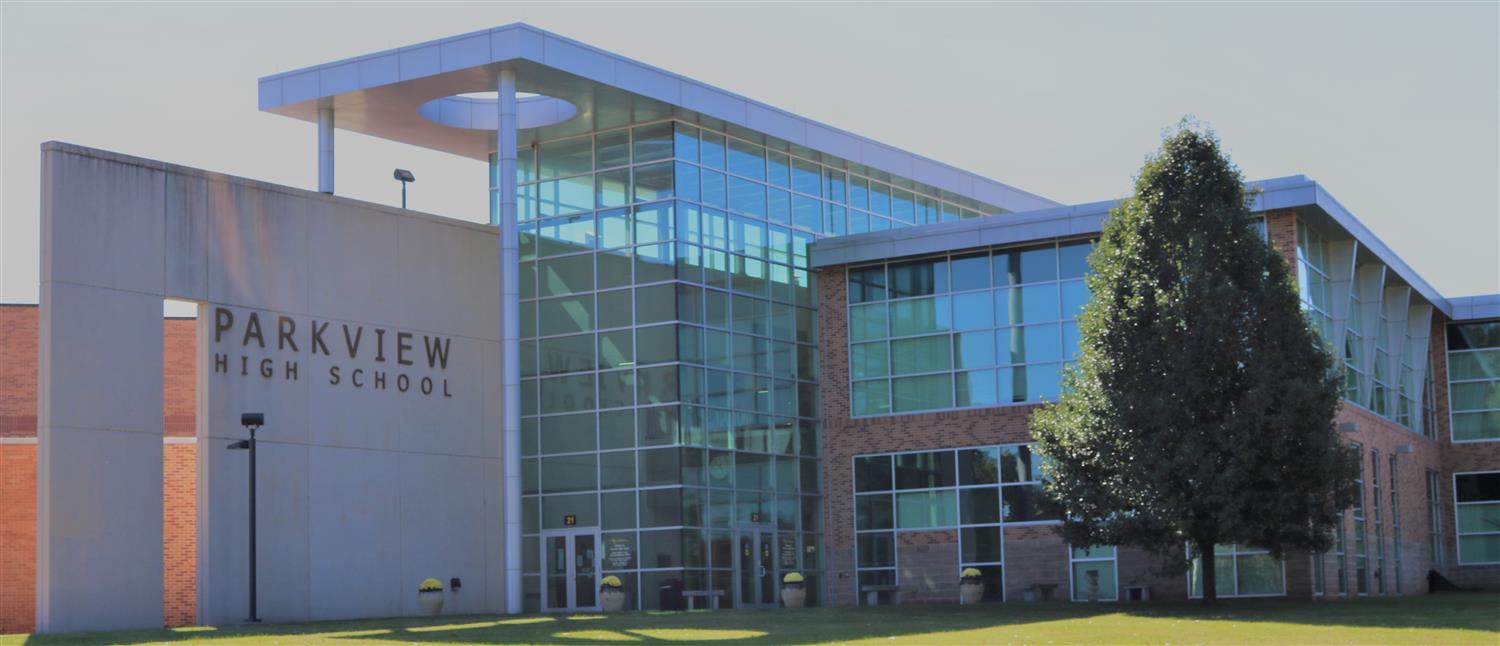A Greene County judge is considering whether Springfield Public Schools should be dropped as a defendant in a civil lawsuit filed by a former Central High student. The plaintiff was raped by another student in a stairwell at Central in 2018.
The plaintiff, identified as M.W. in court documents, alleges the school district was negligent in that SPS did not put video surveillance cameras in a stairwell that school administrators knew was an area students used for sex acts.
M.W. is also suing Marquies Thomas, the man found guilty of sexually assaulting her, and Thomas’ mother, Tequila Harvard.
The civil lawsuit was filed in November of 2023 and a motion hearing was held on March 7, 2024, in Greene County Circuit Judge Joshua Christensen’s courtroom at which attorneys for the school district argued SPS be dropped as defendants based on sovereign immunity.
SPS attorneys: school officials ‘not taking it lightly’
Sovereign immunity is a legal doctrine that protects the state or government from criminal prosecution and liability for civil wrongs. Sovereign immunity makes it difficult to sue the government, unless the public entity agrees to be a party in the suit or if certain exceptions are met.
Attorneys representing Springfield Public Schools argued the harm to the plaintiff came from Thomas, not from the stairwell at Central and not from the lack of a video surveillance camera.
“We are talking about criminal acts of a third party,” the SPS attorney argued.
The attorney went on to say the district is not disputing the awfulness of the assault on M.W. and is “not taking it lightly,” but she argued the purpose of Missouri’s sovereign immunity law is to prevent a government agency like the school district from having to litigate these types of cases.
“Otherwise, what is the point of sovereign immunity?” the attorney asked Christensen.
According to online court records, SPS is represented by attorneys Rebecca James, Penny Rector and Natalie Hoernschemeyer. The Hauxeda left messages with both SPS’ communication department and with Rebecca James’ office to confirm which attorney was speaking in court. Those messages have not been returned.
Plaintiff’s attorneys: stairwell meets ‘dangerous condition’ exception
While sovereign immunity protects government agencies from most lawsuits for financial damages, there are exceptions to sovereign immunity under Missouri law.
Among those exceptions, the government can still be liable for injuries caused by a “dangerous condition” of its property.
To fit within the “dangerous condition” exception, the plaintiff needs to show the following: there was a dangerous condition of the government’s property, the injury directly resulted from the dangerous condition, the dangerous condition created a foreseeable risk of the harm incurred and the public entity had notice of the condition.
M.W.'s attorney, Roger Johnson with Johnson, Vorhees and Martucci, argued the stairwell’s lack of video surveillance was a dangerous condition and that school officials knew students were using that stairwell for sexual encounters.
Johnson argued the stairwell was a well-known blind spot and was known to students and staff alike as the “kissing stairwell,” because surveillance cameras were not positioned to see a particular portion of the stairwell. That lack of video surveillance in the stairwell constituted a dangerous condition in that Central's administrators were unable to monitor student activity.
Johnson talked about how surveillance cameras are commonplace in schools these days, primarily because of school shootings.
“Security cameras are there for deterrence,” he said. “(SPS school officials) chose not to have it in that position. … Those that knew about it, including Marquies Thomas, took advantage.
“It’s the placement of a security camera or the lack of placement that would deter (criminal activity). That creates dangerous conditions,” Johnson said. “They knew about this specific dangerous condition.”

Johnson argued whether the stairwell was a “dangerous condition” should be a question for a jury, and that the judge must view this issue in a “light most favorable” to the nonmoving party (the plaintiff).
Judge Christensen asked Johnson for clarification about if the plaintiff is alleging multiple wrongful acts with at least one being an intentional wrongful actor (Marquies Thomas) and at least one being negligent (the school distinct). Johnson said yes, in this case, there’s both an intentional bad actor and a negligent actor.
Johnson likened the scenario to a hypothetical — if a school had a doorway with a broken lock and most everyone knew the door didn’t lock and used the door frequently. If school officials were aware of the broken lock on the door, did nothing to fix the door, and then one day a shooter used the door to gain entrance into the school to kill people, the school would be negligent and the shooter would be the wrongful actor.
Johnson used the “but-for” test, an analysis often used in tort law and in criminal law to determine actual causation.
But for not having a security camera pointed at the stairwell, Johnson said, “this doesn’t happen to this young lady.”
“It’s a submissible case and a jury question,” Johnson said.
Judge to announce decision in coming weeks
Christensen said he enjoyed hearing their spirited legal debate and called it an “interesting and challenging issue and, frankly, one of the reasons I love this job.”
After hearing the arguments at the March 7 hearing, Judge Christensen told the attorneys he would give both sides another 10 days to submit any additional filings. Christensen said it will be a few weeks before he announces his decision on whether or not Springfield Public Schools remains a defendant in the lawsuit.
No matter what Christensen decides on this issue of whether or not the school district is protected by sovereign immunity or if the stairwell meets the “dangerous condition” exception, the judge said he anticipates the losing party to file an appeal.
“It certainly won’t hurt my feelings,” Christensen said.
Though criminally convicted, Thomas sentenced to probation
Following a 2023 bench trial in front of retired Greene County Judge David Jones, Thomas was found guilty of five felony charges of second-degree sodomy, one charge of misdemeanor first-degree sexual misconduct, and three misdemeanor charges of second-degree sexual abuse.
Online court records show Thomas was sentenced to five years in prison for each of the five sodomy charges with those sentences to run concurrently. But instead of prison time, Judge Jones signed off on Thomas serving five years of supervised probation. From court records, it appears Thomas served at least 17 days in the Greene County Jail and was ordered to complete a 120-day treatment program.
According to the prosecutor’s bail/bond recommendation filed on Nov. 8, 2018, Thomas took M.W. to the stairwell where there were no cameras, forced her to perform oral sex on him and then had anal sex with her until he heard someone approaching. When that person walked away, Thomas continued to sexually assault M.W.

In that same court document, the prosecutor alleged Thomas committed another sexual assault in June of 2017 while he was a student at Parkview High School. In that incident, Thomas took another student to an area of the school where there were no surveillance cameras, grabbed her breast, forced her to touch his penis and attempted to force her to perform oral sex, but this victim was able to get away. The Parkview incident was also not captured by surveillance video.
“The defendant committed two sexual offenses a little over a year apart at two different high schools,” Greene County Prosecutor Elizabeth Fax wrote in the bail/bond recommendation. “The defendant is clearly escalating in his behavior and is continuing to prey on other students in what is supposed to be a safe place.”
About M.W.’s civil suit
Count 1 of M.W.’s civil suit is focused on the school district’s potential premises liability in the assault.
But Counts 2-4 are focused on Thomas and his mother, Tequila Harvard.
In count 2, the suit alleges Harvard was negligent in that Thomas had a history of inappropriate sexual behavior, Harvard knew or should have known Thomas was a sexual predator or had a predilection toward inappropriate or deviant sexual behaviors and that he shouldn’t be trusted with other children.
The suit alleges it was foreseeable that Harvard allowing her son around other children created an “unreasonable risk of harm to other children, including M.W.” and that Harvard failed to warn others and/or “negligently ignored the warning signs that Defendant Thomas was not controlling his perversity …”
Count 3 is a claim of general negligence against Thomas, and includes an allegation that Thomas made threats toward M.W. in effort to keep her silent.
Count 4 is a claim on sexual assault and battery against Thomas. The suit alleges Thomas “intentionally maliciously or in reckless disregard for the rights (of M.W.) committed acts of sexual assault and battery upon M.W. …”
M.W.’s attorneys are asking for “actual, compensatory and punitive damages in a sum that is fair and reasonable together with costs and prejudgment interest as allowed by law.”

